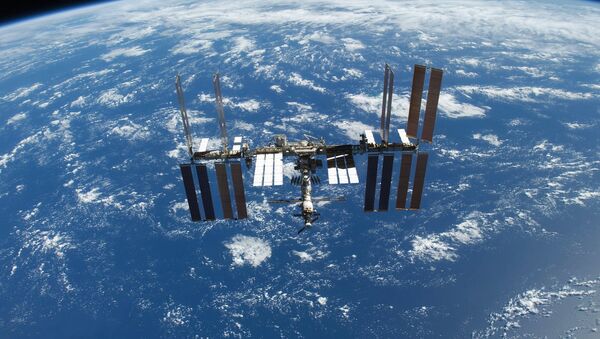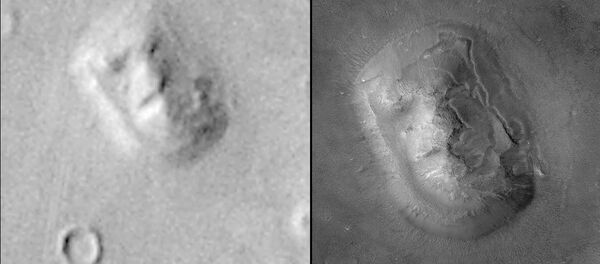The testing seeks to use cell cultures that require a microgravity environment to grow.
"It’s a very effective therapy [but] the concern for our drug is safety," Jaminet stated. "Because we target the blood vessels of the tumor, there’s a risk of toxicity against the normal blood vessels of the body."
Janmnet described the drug as a potential "game-changing therapy," especially for aggressive tumors such as cancerous growths in the pancreas, provided toxicity to healthy blood vessels can be mitigated.
Previous International Space Station experiments have demonstrated that the endothelial cells that line human blood vessels — which cannot be grown in test tubes and Petri dishes on Earth — can be grown in the microgravity of low-Earth orbit, Jaminet explained.
Astronauts will test NGX drug on the International Space Station as one of hundreds of scientific experiments included in the next resupply payload, according to NASA.



